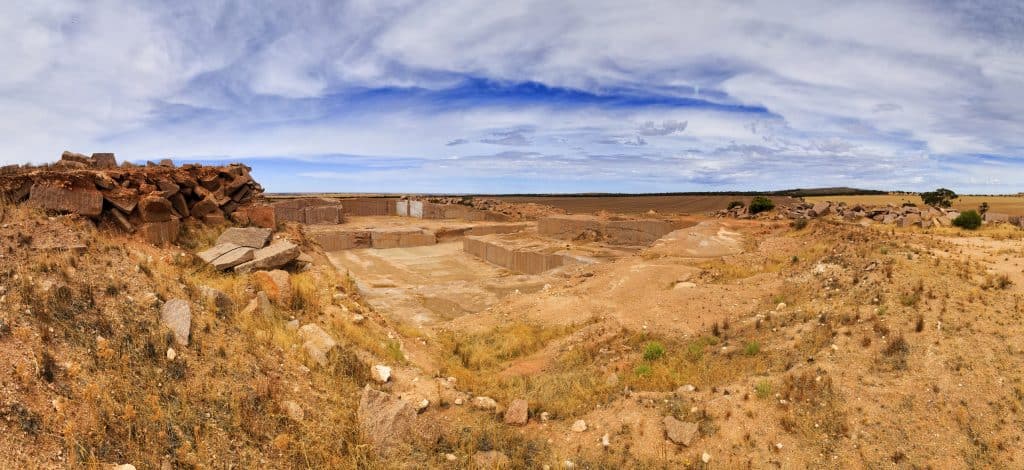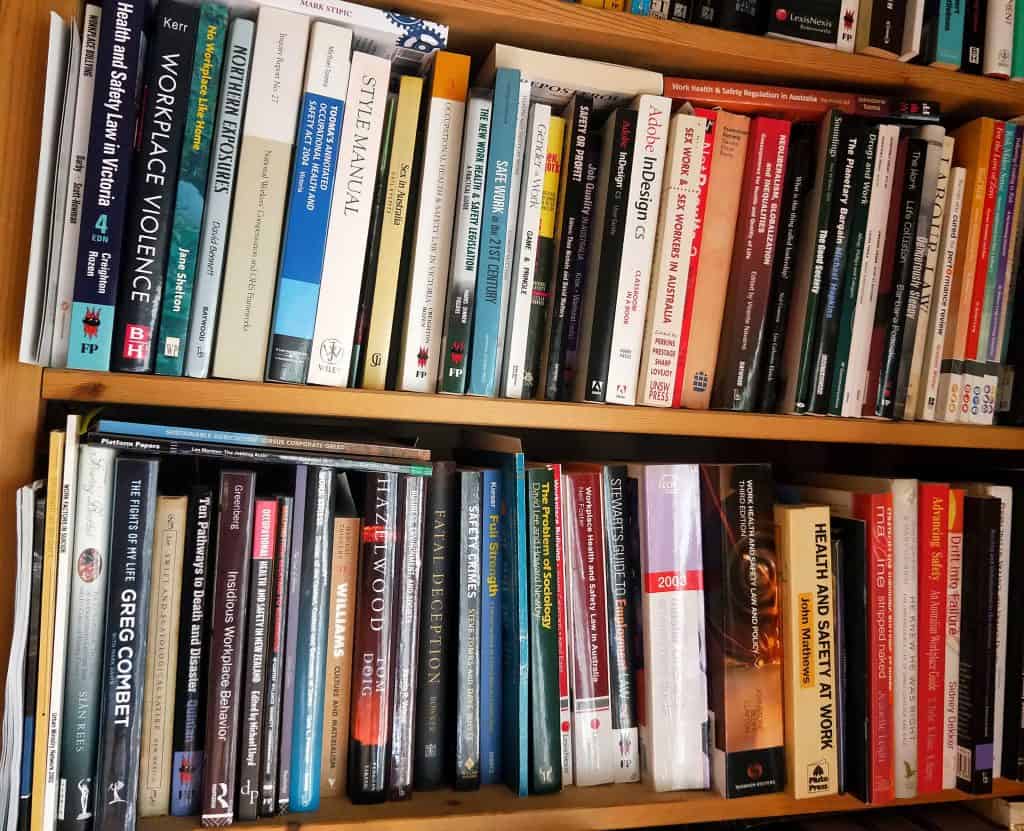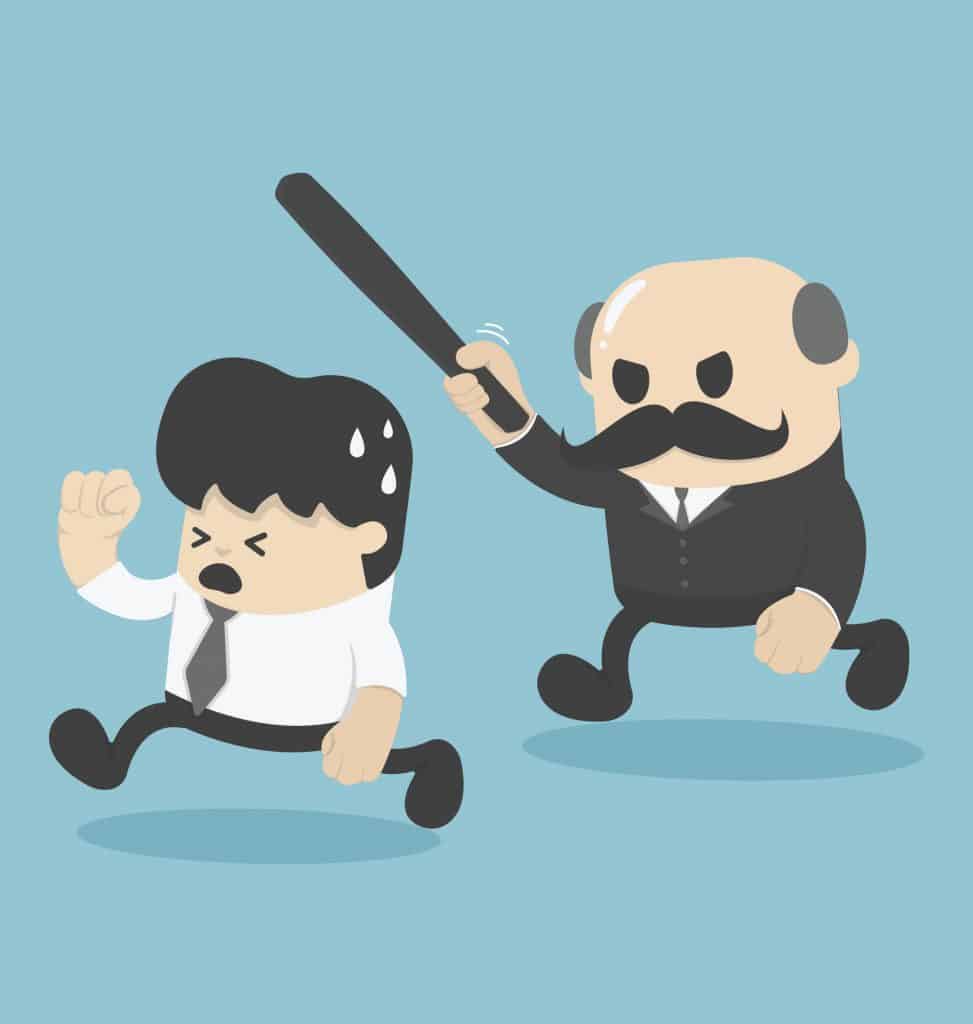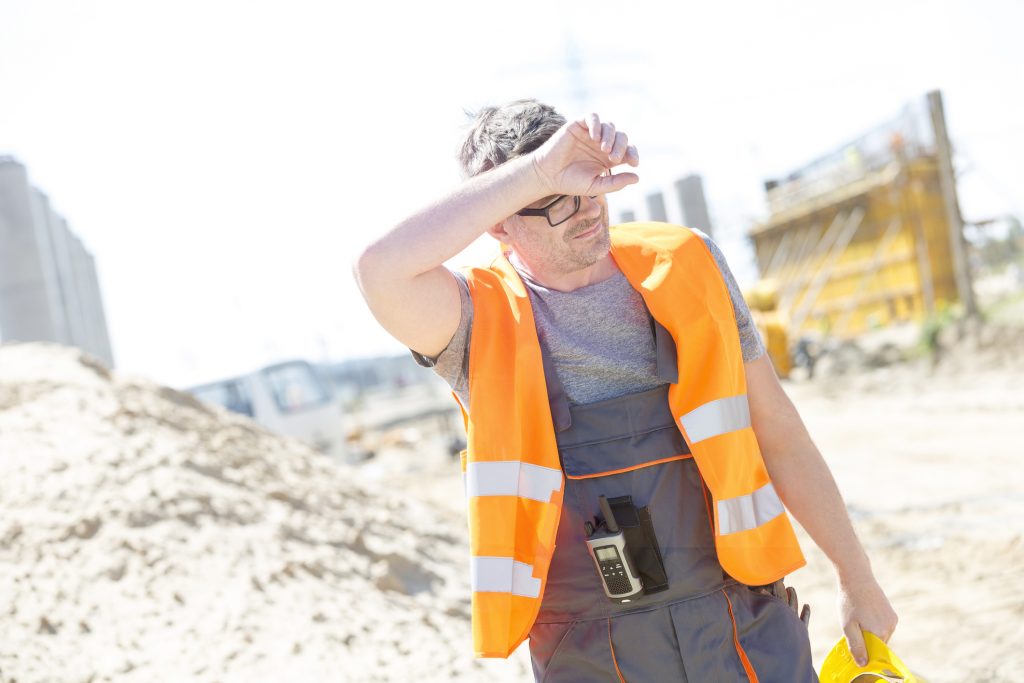
The Australian newspaper published an article from the The Wall Street Journal titled “The hidden death toll from mining” (paywalled), written by Alistair Macdonald and others that questions the workplace health and safety prominence that is given to the minerals/materials sector. The opening paragraph is:
” Many mining deaths aren’t captured by global safety statistics, making the industry seem safer than it is to regulators, investors and consumers.”






